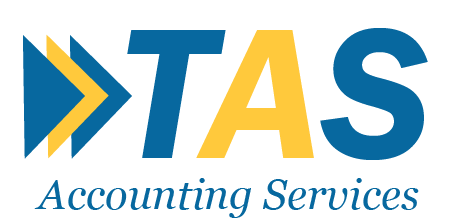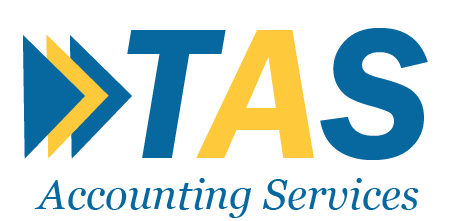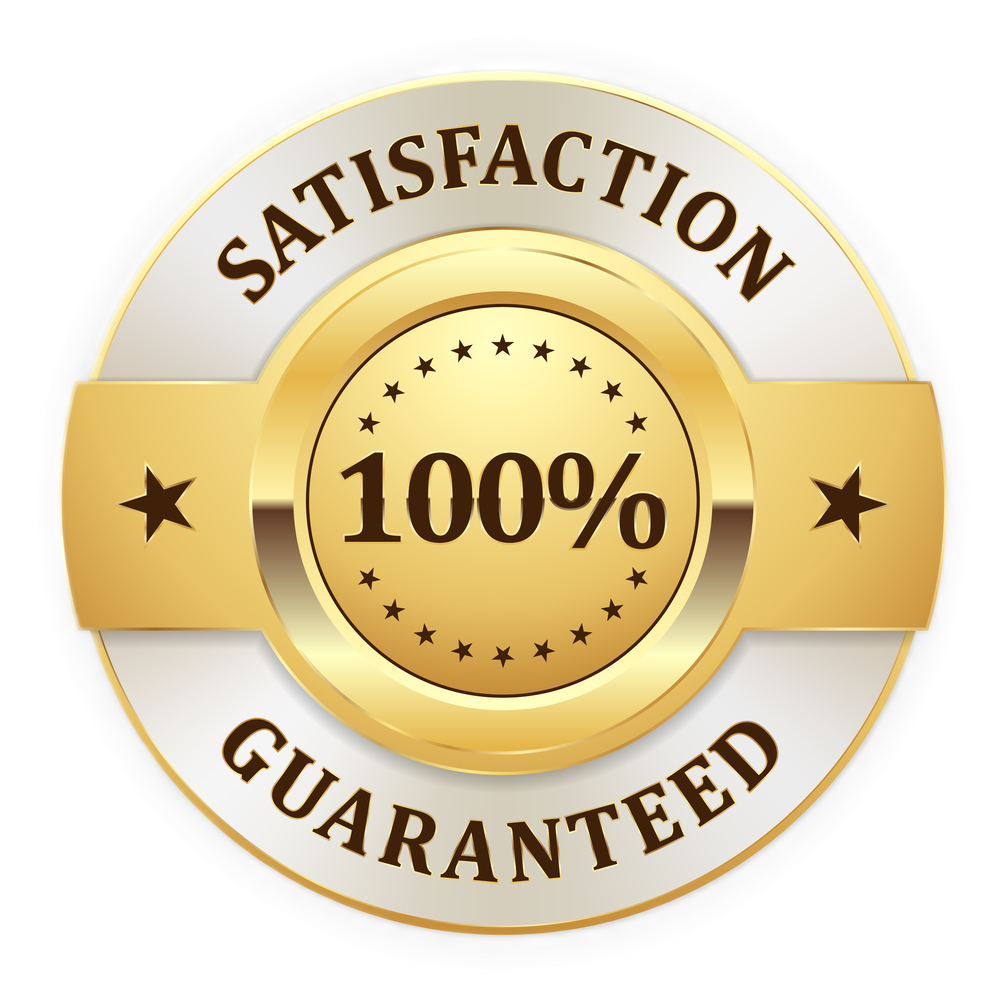Registration for the Value Added Tax
The first point to mention is that the Irish government and Revenue have established a number of standards that must be met in order for a firm to properly register for a VAT number.
To register for any tax or VAT in Ireland, the firm must have started trading.
Individuals who have dealt in other nations may find this approach strange and odd, but it is simply how the system works in Ireland.
Each business must satisfy specific criteria, such as:
1.Having its own physical presence in Ireland, where it operates or trades.
2.Having either an employee or a director residing in the nation to demonstrate that the firm is being managed on a daily basis.
3.Finally, in order to register for VAT, the firm must provide evidence of trading.
Simply delivering an invoice to a consumer in Ireland may frequently demonstrate this.
This invoice does not have to be for a specific or minimum amount; it only has to indicate that business was conducted with clients in the Irish market.
VAT registration on a voluntary basis
Some people may find the procedure of VAT registration to be about as enjoyable as going to the dentist, which is why many people seek expert help when it comes to VAT registration.
The reason for this is that many aspiring entrepreneurs see tax and VAT registration as an opportunity to improve their business operations rather than a “chore.”
However, as previously said, business optimists frequently strive to capture value in practically every transaction and everyday routine they do.
VAT in the business world could, to many people’s surprise, become a spark for the life of the business and capture unanticipated value.
Tax credits are one area where this is noticeable. In relation to the VAT paid on an invoice, a firm can claim back a specific amount of transactional expenses.
For company customers, partners, and suppliers, VAT may also project a professional image.
It may also convey the impression to certain business associates that if they claim VAT back on purchases, they would be receiving a part of their own money back.
Returning to the theoretical side of things, the cognitive avoidance theory can also be seen in terms of VAT registration.
Simply put, this idea suggests that people often act in specific ways or complete certain activities to avoid punishment. This hypothesis may be applicable to the current VAT registration debate. If a corporation is legally required to apply for VAT registration but fails to do so, the consequences might be severe; for example, a fixed penalty for failing to register for VAT is €4,000.






